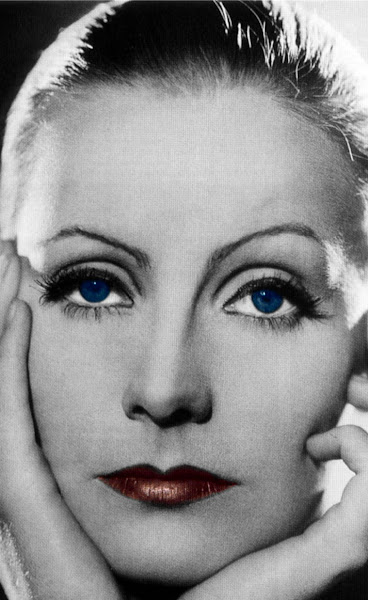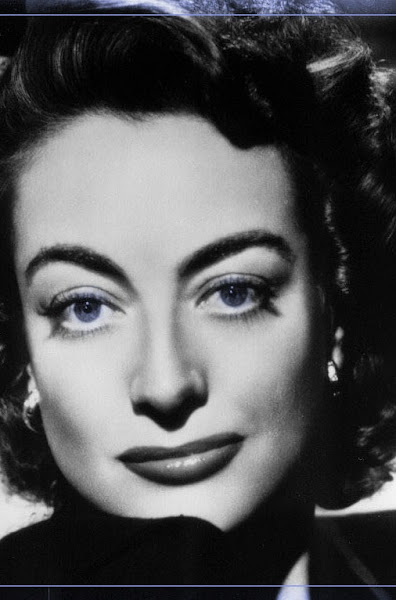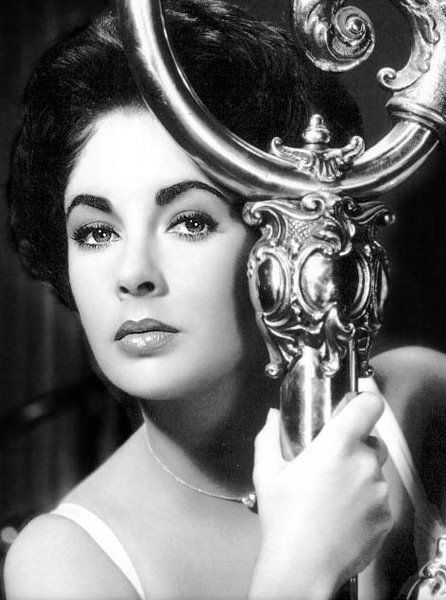 *** out of ****
*** out of ****
"The Bishop's Wife" is a cheery 1947 holiday film that seems to be a takeoff of the previous year's "It's a Wonderful Life," but it fails to stand up to its predecessor. While the performances are charming, the film itself is greatly aged in comparison, and its themes are hardly as timeless. Unfortunately, there is something less engaging about David Niven than Jimmy Stewart as the memorable George Bailey.
The narrative of "The Bishop's Wife" concentrates on an angel, Dudley (Cary Grant), who comes from heaven around Christmastime to guide Bishop Henry Brougham (David Niven), who has prayed for guidance in the construction of a new cathedral. However, that is not quite his purpose, so Dudley begins to correct the issues surrounding the bishop, specifically the unhappiness of his neglected wife, Julia (Loretta Young), who is ostracized by his obsession with building the cathedral. Eventually, Dudley must rectify the bishop's problems by redirecting his attention toward his wife and his work and away from his obsession. However, a conflict arises when Dudley faces a problem of his own: developing a human trait. When Dudley finds himself growing too attached to Julia, the bishop must work to overcome his material obsession, redefine his faith, and reclaim his love for his wife.
While I am a proponent of judging a film on its own merits, "The Bishop's Wife" seems to have been carefully conceived in the shadow of "It's a Wonderful Life": An angel comes from heaven to help a misguided man rediscover what is truly important in life, and the protagonist battles a devious rich person while his wife stands on the sidelines and maybe even suffers. While Loretta Young turns in an appealing performance for her strong character (she meanwhile won the Oscar for Best Actress for "The Farmer's Daughter" that same year), David Niven is just not as enjoyable, and perhaps this is why the film suffers in the face of "It's a Wonderful Life." Niven is a sort of dry religious figure who cannot match the universality of "Wonderful Life"'s George Bailey, an everyman who spends his life selflessly helping others, including his family, friends, and spouse. When Jimmy Stewart as George Bailey hits rock bottom, we watch pitifully as he struggles, and we cheer when he reclaims the meaning of true happiness. Niven floats through the film misguided while Cary Grant as Dudley ameliorates his life. In this way, Dudley is the more well-constructed character in "The Bishop's Wife," and Cary Grant does his role justice. In addition, certain other roles besides Julia and Dudley are done justice ― Gladys Cooper as snobby old Mrs. Hamilton, for example, acts superbly and stands up well to the others.
Anyway, the Christmas season works wonders for the film's setting, and the holiday mise-en-scène enables its transmittable cheeriness. Meanwhile, parts of the narrative feel like fluff (ice skating, anyone?), though others are particularly hypnotic ― note the incredible use of editing to show Dudley's powers as he decorates the tree or as he plays the harp for Mrs. Hamilton. Editor Monica Collingwood did a great job, and it stuns viewers today with its ingenuity for classic Hollywood.
Thus, in the face of 1946's initial failure but enduring triumph "It's a Wonderful Life," 1947's "The Bishop's Wife" looks like an aged carbon copy, and its Oscar nomination for Best Picture becomes questionable. However, it is a hidden charm for the holiday season and watching it on Christmas Eve is a must.
December 26, 2008
The Bishop's Wife
Subscribe to:
Post Comments (Atom)

.jpg)

.jpg)
.jpg)

2 comments:
How does it compare to the Whitney Houston remake, The Preacher's Wife?
I don't know yet, but that would be worth checking out! I haven't actually seen "The Preacher's Wife" yet, though I knew it had to be a remake of this film.
Post a Comment